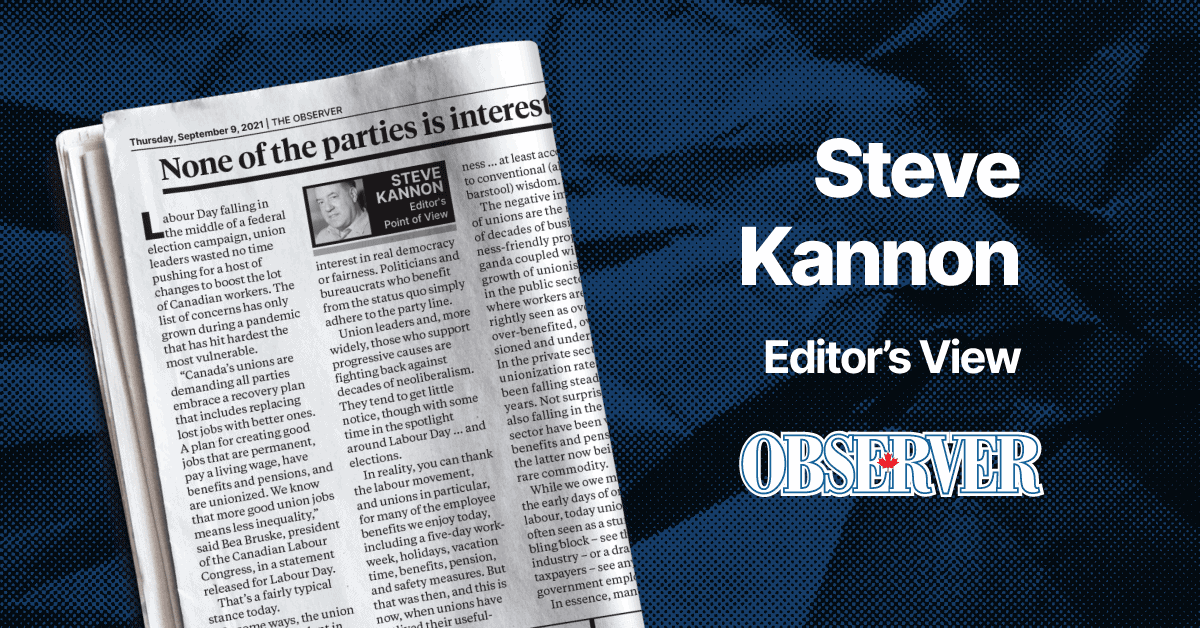;
;
;
Next Article
The lack of rain this summer has plenty of downsides, but it has made for some great deck and patio weather. The heat has been ideal for the refreshing adult beverages that have been known to accompany such times. A frosty beverage may help us cope with the sizzling temperatures, but there’s no reli
Last updated on May 03, 23
Posted on Aug 04, 22
4 min read
